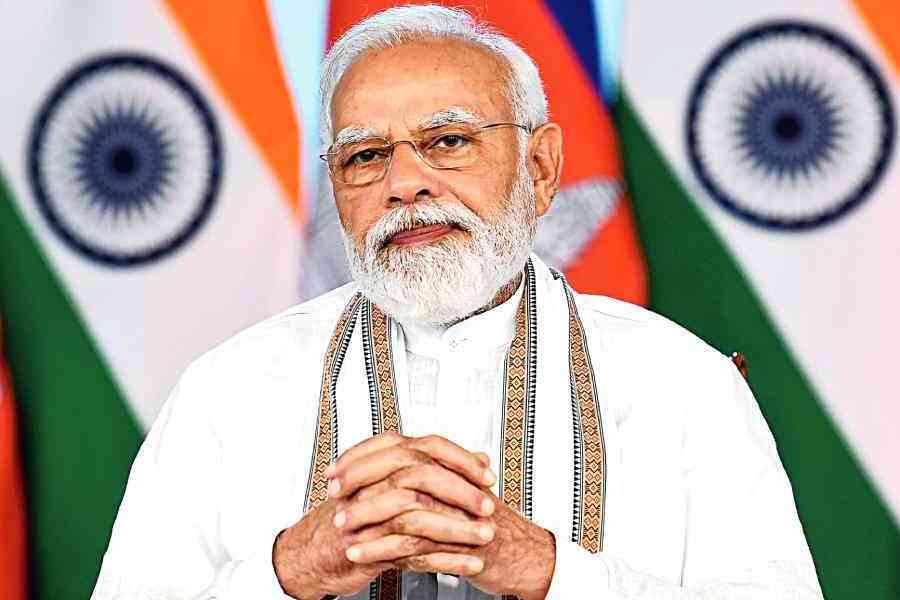It could have been harmonious. The inauguration of the new Parliament building might have been attended by all parties, creating a few hours of transitory peace in the midst of acrimony. The symbolism of the ceremony was considered more important than the fact that the building was constructed without discussion with members of Parliament and against their strenuous objections during a catastrophic period when thousands were dying in the pandemic, many because of the lack of medical supplies. But the prime minister and his men thrive on controversy. Nineteen Opposition parties have refused to attend the ceremony because it is the prime minister who will inaugurate the new venue of Parliament, and not the president, as is constitutionally proper. They also cite the government’s attacks on constitutional principles and democratic practices, of which excluding the president is further confirmation. The Constitution envisages a democratic edifice of two Houses under the president. Not to invite her, let alone ask her to inaugurate the building, is a flagrant breach of the Constitution at the brink of a new beginning.
The government’s arrogance cannot conceal the fact that the nobility of the ceremony has been destroyed by the absence of 19 parties and the president. But was that the government’s plan? Is it flaunting an intention to dismantle the Constitution, or is this part of the prime minister’s urge to inaugurate everything that sits or moves? That, too, is undemocratic since it is a personality cult. Worse — it recalls the Bharatiya Janata Party’s fanfare around the election of the first tribal woman president. Her exclusion could be construed as an insult to the Indian people at the moment the temple to the Constitution and the people’s will is being inaugurated. Her election, in hindsight, could well be an example of opportunistic tokenism.
It cannot be without planning that a new myth, masquerading as history as is the government’s wont, has been produced around the Sengol, a sceptre of the Chola kings gifted to Jawaharlal Nehru by a Hindu organisation. Now projected as a symbol of the transfer of power from the British, its installation in the new building is a way to tinge government with the colour of the majority religion. And suggest royalty too, perhaps? Its presence in Parliament would falsify the history of a secular republic and undermine its rationale. But some parties outside the BJP alliance find nothing wrong with the ceremony. Mayavati of the Bahujan Samaj Party thinks that parties mourning the president’s absence should not have offered a rival candidate during her election. Apart from this amazingly senseless argument, Naveen Patnaik of the Biju Janata Dal feels that improprieties can be discussed later — a pretty cover for having a cake and eating it too.
A fleeting moment of hope and health in the polity amid growing economic distress, discrimination, nepotism, hatred and the stifling of dissent would have been meaningful for many. But that does not inspire the government.










